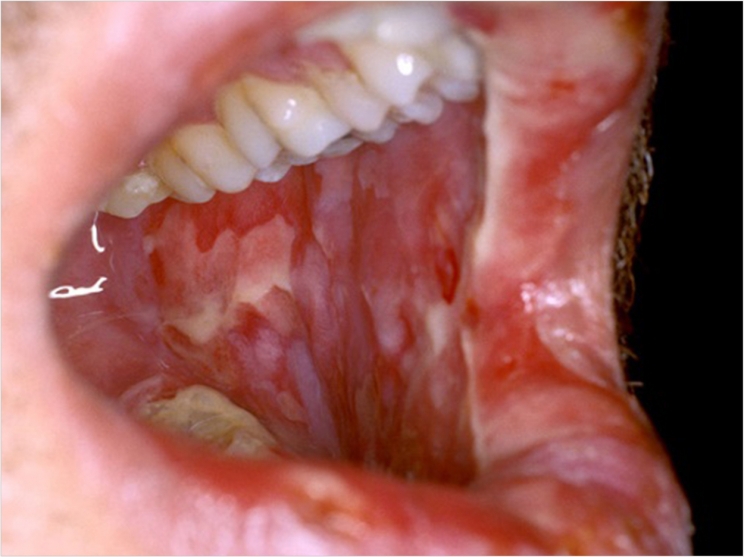
Oral mucositis and taste dysfunction or dysgeusia occur in nearly all patients receiving head and neck radiotherapy, and it tremendously affects quality of life and treatment outcomes. But researchers in Sichuan, China, and Chicago have found that lithium chloride (LiCl) can promote the restoration of oral mucosa integrity and taste function after radiation.
LiCl is a potent activator of a key cell signaling pathway called Wnt/β-catenin that is critical for the development, regeneration, and function of many tissue types, said the researchers, who compared the treatment efficacy of LiCl on oral mucositis to keratinocyte growth factor, an agent approved by the US Food and Drug Administration for oral mucositis.
The results showed that LiCl alleviated the weight loss and tongue ulceration of mice with radiation-induced oral mucositis, promoted proliferation of basal epithelial cells, and inhibited epithelial-mesenchymal transition in tongue mucosa. The mice treated with LiCl showed an elevated taste bud renewal and taste-distortion recovery toward sweetness compared to the mice treated with keratinocyte growth factor.
“The data from this study demonstrate that LiCl can mitigate radiation-induced oral mucositis by promoting cell proliferation in the basal layer and inhibiting epithelial-mesenchymal transition of the oral mucosa,” said Nicholas Jakubovics, editor in chief of the Journal of Dental Research, which published the study.
“Lithium has been used in clinical practice for decades and is currently recommended as a first-line therapy for bipolar disorder. It is exciting to see that LiCl may also represent a promising new therapy to improve the quality of life of patients receiving radiotherapy.”
Related Articles
Topical Anesthetic Improves Oral Mucositis Pain Treatment
Research Uncovers Microbiome’s Role in Oral Mucositis
Mucositis Management Guidelines Get Updated











